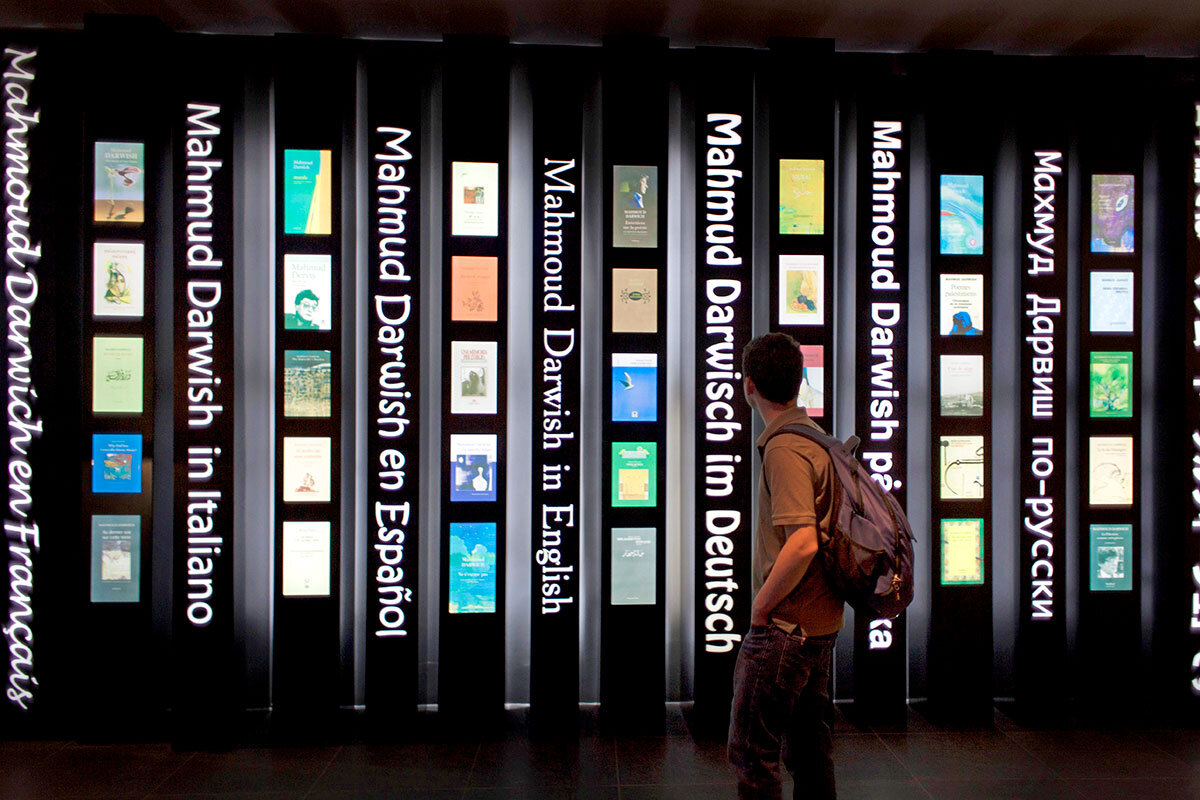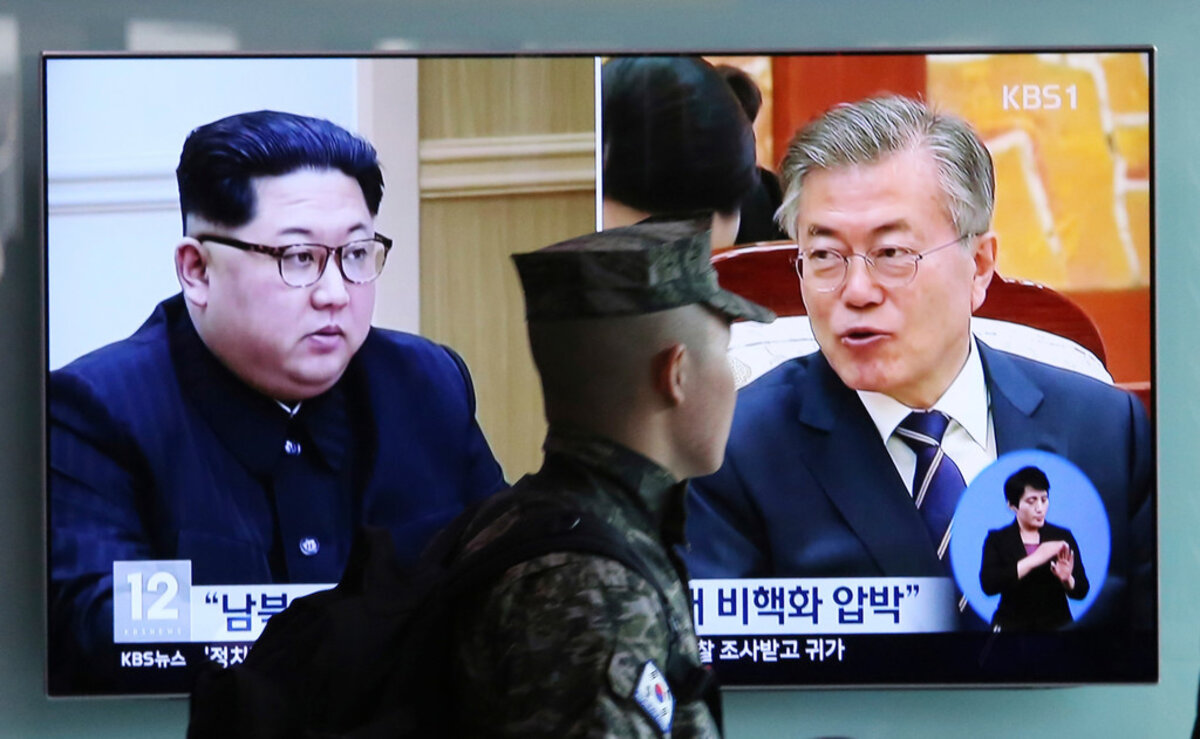In saying he won't be a "seventh floor" kind of guy, Mike Pompeo is signaling he plans to roll up his sleeves and consult the diplomatic corps' rank and file. That promise may be key to smoothing what appears to be a bumpy road to confirmation as the next US secretary of State.
Monitor Daily Podcast
- Follow us:
- Apple Podcasts
- Spotify
- RSS Feed
- Download
 Amelia Newcomb
Amelia Newcomb
As a high school senior in 1979, Tammie Jo Shults wanted to fly. So she went to a lecture about aviation. The speaker, a retired colonel, asked her if she was lost. When she said no, he informed her there were no professional women pilots.
On Tuesday, a lot of people flying to Dallas were very glad Captain Shults chose not to accept that as the final word.
Shults was piloting Southwest Flight 1380 when an engine exploded, blowing out a window and fatally injuring one passenger. She stayed firmly in command, calmly telling air traffic control “we have part of the aircraft missing….” She skillfully executed an emergency landing at Philadelphia International Airport, and then went to talk with her shaken but grateful passengers.
Shults’s history speaks to why the right person for the job was actually on the job on Tuesday. Air Force recruiters didn’t want to talk to her initially, so she found someone in the Navy who did. She became one of the Navy’s first female fighter pilots, and one of the first women to fly a Navy F/A-18 Hornet.
What propelled her? In the book “Military Fly Moms,” she shares thoughts about raising children (she and her pilot husband have two): “We endeavor to teach our children to be leaders, not lemmings. This is especially important when it comes to making the right choice while the crowd is pulling in the other direction.”
Another woman who made a very different contribution to American life is being honored today. Former first lady Barbara Bush, who died yesterday, was known for her straight talk and commitment to boosting literacy. You can read Peter Grier's tribute here.










